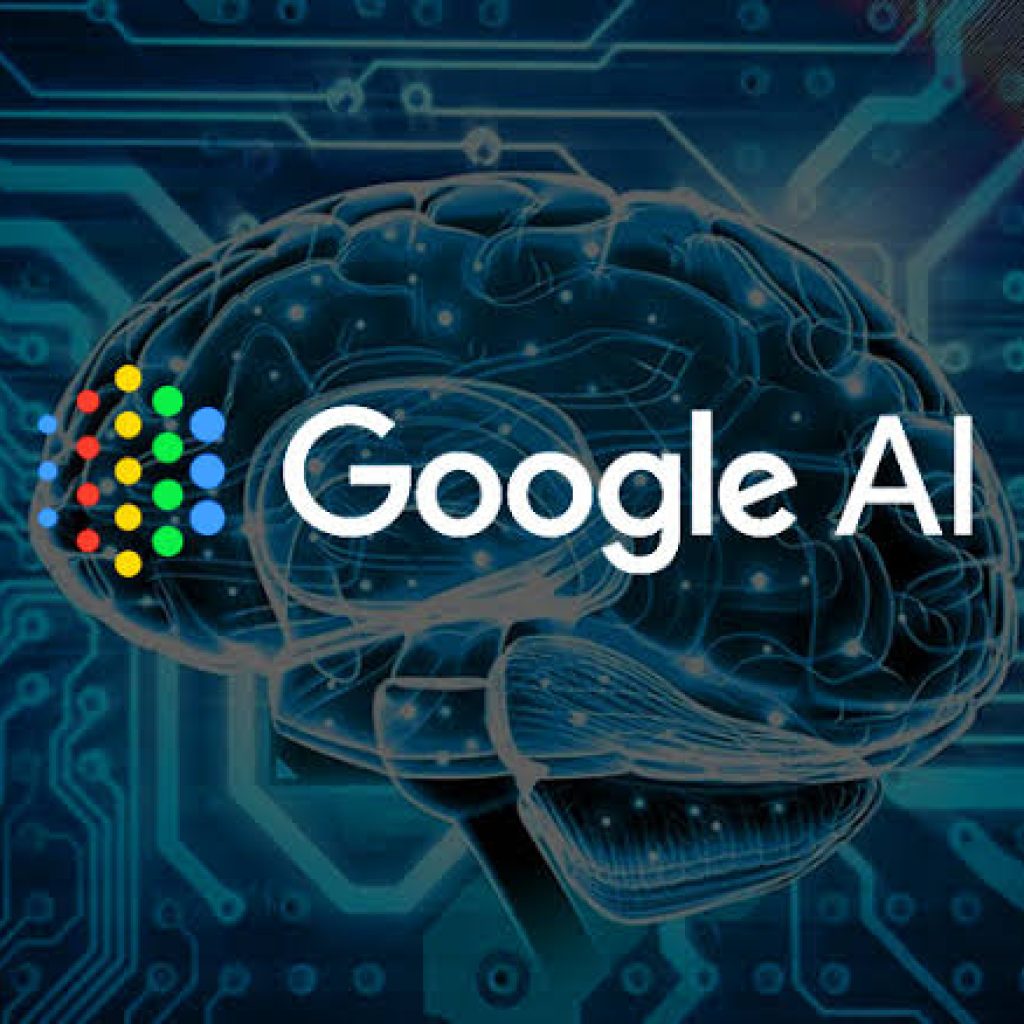Streaming giant Netflix has sparked interest and controversy by advertising a lucrative position for an AI manager, with a salary range of $300,000 to $900,000. However, the timing of this move, amid ongoing strikes by the Writers Guild of America (WGA) and Screen Actors Guild – American Federation of Television and Radio Artists (SAG-AFTRA), has raised eyebrows and concerns among industry professionals. The role aims to ramp up Netflix’s internal use of artificial intelligence, but it remains uncertain whether this will directly impact content creation.
The AI manager role and its implications
The job listing for an AI manager at Netflix has caught the attention of many, given its potential implications during the ongoing WGA and SAG-AFTRA strikes. The successful candidate will be tasked with developing the strategic vision for Netflix’s use of AI, particularly focusing on its machine learning platform. This platform aims to empower ML/AI practitioners at Netflix to achieve maximum impact with their work by simplifying the development, deployment, and improvement of machine-learning models.
While Netflix has not explicitly stated that this role will be involved in content creation, it has not ruled out the possibility. The streaming giant is already known for using AI to personalize user recommendations and select thumbnail art based on individual tastes. Additionally, Netflix has previously experimented with AI-generated content, such as the background art for the anime short “The Dog and The Boy” and the controversial Spanish reality series “Deep Fake Love.”
Potential concerns for striking guild members
The timing of Netflix’s AI manager job posting has raised concerns among striking WGA and SAG-AFTRA members. These industry professionals fear potential exploitation or even replacement by AI technology in content creation. While the Alliance of Motion Picture and Television Producers (AMPTP) has expressed a willingness to address SAG-AFTRA’s demands regarding AI use, disagreements remain over what constitutes “informed consent” and “fair compensation” when digitally recreating an artist or altering their performance.
Netflix’s expanding AI ventures
The AI manager role is not the only AI-related job that Netflix is advertising. The company is also searching for a machine learning scientist to work on localization algorithms, an engineering manager to lead AI research on customer satisfaction, and a software engineer to develop machine learning tools. This indicates Netflix’s significant investment in AI and its eagerness to explore the technology’s possibilities.
AI’s current and potential uses at Netflix
Currently, Netflix primarily employs AI to improve user experience, customize content recommendations, and analyze the success of its productions. AI-driven algorithms are crucial in suggesting content that aligns with individual users’ preferences and interests. Furthermore, AI analytics aid in determining what content performs well, informing future production decisions.
Despite its current utilization, Netflix has not stopped experimenting with AI-generated content. The company’s use of AI to create background art for “The Dog and The Boy” and its controversial series “Deep Fake Love” demonstrate its openness to exploring the creative possibilities of AI-generated material.
The future of AI in content creation
While the job listing for an AI manager does not explicitly mention content creation, it raises speculation about Netflix’s future ambitions. As AI technology evolves, it may play an even more prominent role in content production. However, it is essential to address concerns raised by industry professionals and ensure that ethical considerations, informed consent, and fair compensation are at the forefront of any AI-driven creative ventures.
Netflix’s decision to hire an AI manager with a substantial salary range amid ongoing strikes has drawn attention to the potential implications for content creation and the concerns of striking guild members. The company’s continued investment in AI and the exploration of AI-generated content indicate that the role of artificial intelligence in the entertainment industry is likely to grow. Nevertheless, balancing technological advancements and ethical considerations remains crucial to ensure a fair and sustainable future for all stakeholders involved in the creative process.





